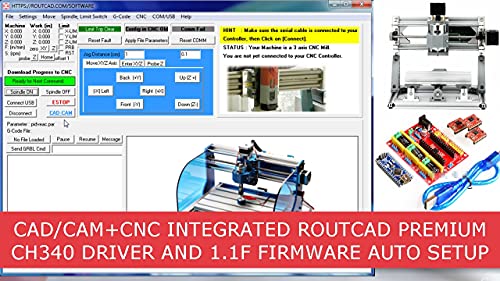sub
New Member
- Joined
- Mar 4, 2018
- Messages
- 4
- Reaction score
- 0
So Ive recently come across all these mineature engines, and they really fascinate me. I would really love to replicate a Subaru boxer engine, as Ive got one in my garage to go off of. I know that might not be an easy task, so Im hoping you guys could help. I would love to learn how to build mineature gasoline powered engines, whether its a flat four, in-line 3, or v6, I dont care. I just want to gain the knowledge to eventually have my model Subie boxer. I have been searching for days to figure out how they work, and all Ive found is how normal car engines work, with MAF/MAP sensors, ECUs, etc. But on every video of mini engines, theres nothing of the like. How do the mini engines have the correct air/fuel ratio? I would love if someone could either answer some of my questions or even just point me in the right direction to learn. I apologize for the wall of text, I just want to make a mini engine
































































